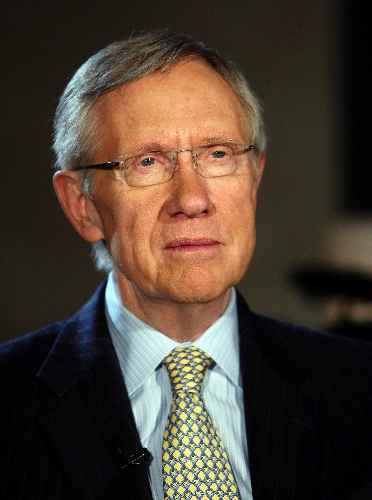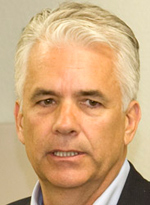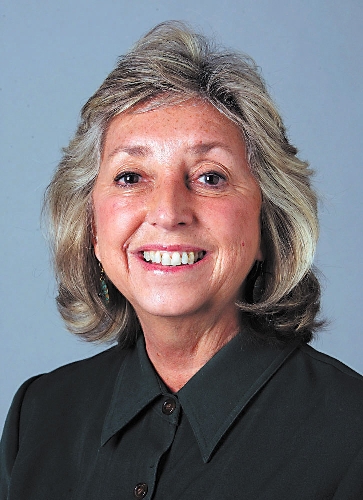Potential costs of new law worry officials in Nevada
The stakes are high for Nevada in the cases seeking to block implementation of the law overhauling health care.
If the law were struck down, it would save taxpayers in the economically depressed state as much as $574 million in costs to the state's general fund through 2019, according to the latest state estimates.
But if struck down, the state's uninsured could pay the price in the form of less access to health care.
Still, the state is fighting the law on the grounds that the government has overreached by forcing people to buy health insurance.
"If the government can require us to buy health insurance, why can't they require us to buy something else?" said Mark Hutchison, the attorney representing Nevada in a case based in Florida.
"If General Motors starts to struggle, all they have to do is require us to go out and buy Chevy pickup trucks or Impalas."
Mike Willden, director of the Nevada Department of Health and Human Service, said there are about 275,000 Nevadans on Medicaid, a joint federal-state health program for the poor.
If the health care law survives court challenges, that number could increase to more than 400,000, Willden said.
"If you are insured and can access health care providers, in theory it improves your health status," Willden said. "But there is a price tag to that theory, a large price tag."
In a declaration in the Florida case, Willden said additional spending because of the federal law could come at the expense of other programs that benefit Nevadans.
"To fund these incremental costs associated with the Medicaid provisions of the act, Nevada will inevitably need to reduce spending in other essential areas that the state is already struggling to fund, including K-12 education, prisons, law enforcement and its universities and community colleges," he said.
In an interview, Willden said that despite the lawsuit, both Gov. Jim Gibbons and Gov.-elect Brian Sandoval have said state officials should assume the law will go into effect in 2014 as intended.
That means preparations such as determining how to create state-sponsored exchanges on which people can buy insurance should continue. And so should efforts to create a computer program that will determine what, if any, subsidies are available to people making purchases through the exchange.
"The law is the law until it isn't the law," Willden said.
Nevada is among 20 states that have filed a lawsuit in Florida in a case that gets under way later this week.
Sometime after oral arguments on Thursday, the judge will return with a ruling. An appeal of the decision is expected no matter the outcome.
Although Florida Attorney General Bill McCollum is the lead lawyer for the plaintiffs, Hutchison said it is important Nevada and other states that oppose the ruling participate to show that opposition to the case is widespread.
Hutchison is representing Nevada in the case pro bono. Nevada Attorney General Catherine Cortez Masto refused a directive from Gibbons to join the lawsuit, arguing that she thought the plaintiffs' case was frivolous.
During the Republican primary, both Gibbons and Sandoval, a former federal judge, said they thought the health care law was unconstitutional.
After winning election, Sandoval has continued his opposition to the law by encouraging Hutchison to continue with the case.
Sandoval "told me if he wasn't so busy, he would love to come argue the case with me," Hutchison said.
Contact reporter Benjamin Spillman at bspillman@reviewjournal.com or 702-477-3861.




















